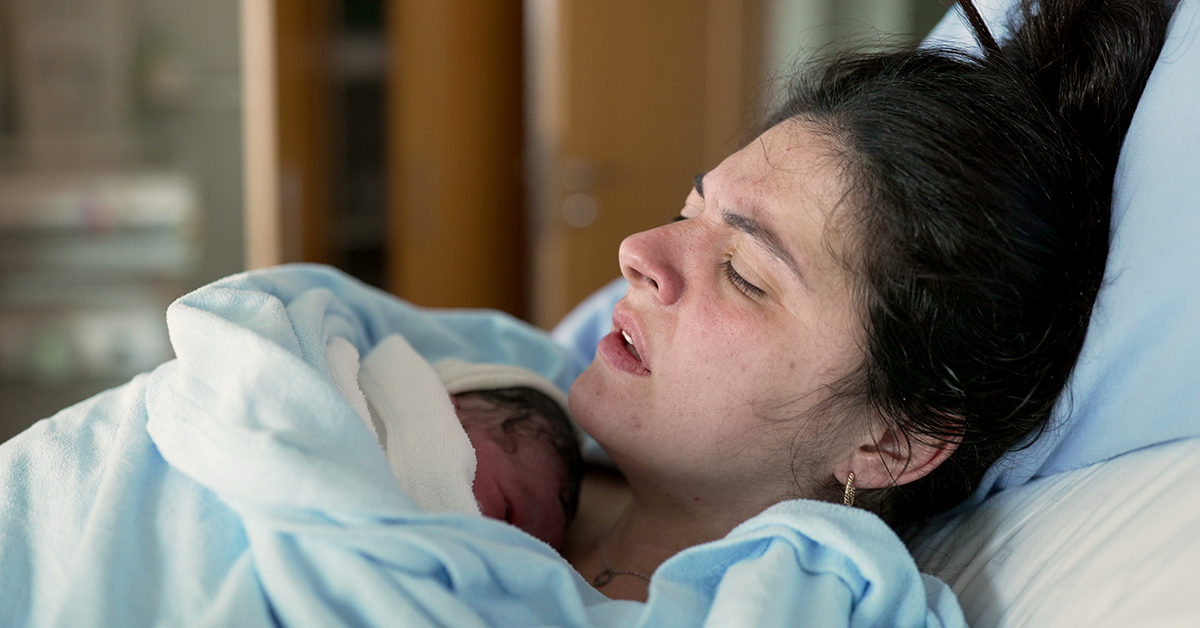You’ll hopefully never be injured in a car accident. That said, this can happen even if you’re a safe driver. It’s possible you’ll be injured in a collision because someone else is negligent.
Has this happened to you in Massachusetts? If so, you might have a vague understanding of the fact that you’re likely eligible to seek financial compensation for your losses/damages resulting from the accident.
However, you might also have some questions about what that exactly means. The following overview will help you better understand what compensation specifically covers when you file a car accident claim or lawsuit in the Commonwealth.
Seeking Compensation After a Massachusetts Motor Vehicle Collision
Before learning what types of losses you may seek compensation for after an accident, you should know what the process of seeking compensation tends to involve.
Massachusetts is a “no-fault” car accident state. In Massachusetts, even if someone else technically caused your accident, you would pursue the compensation you’re eligible for by filing a claim with your own insurance. Your insurer is responsible for providing compensation, regardless of whether you caused a collision.
There are exceptions, though. If your injuries are severe enough to meet certain criteria, Massachusetts law does allow you to seek additional compensation by filing a separate claim or lawsuit against the third party who caused your accident.
Determining whether this is an option requires a certain degree of familiarity with the relevant laws. A Massachusetts car accident attorney can review your case and explain how you should proceed. They can also handle such tasks as:
- Investigating your accident to identify the negligent parties
- Gathering evidence of negligence
- Estimating approximately how much compensation you may recover
- Handling all correspondence with the insurance company
- Entering into negotiations for a fair settlement if the insurance company is initially reluctant to make a fair offer
- Representing your interests at trial should the case not resolve during litigation
Massachusetts is a “no-fault” car accident state. In Massachusetts, even if someone else technically caused your accident, you would pursue the compensation you’re eligible for by filing a claim with your own insurance.
Massachusetts Car Accidents: Compensation Covers Economic Damages
A car accident victim filing a claim for compensation will often be seeking compensation for certain economic losses they may have incurred as a result of their collision. These may include:
- The cost of medical bills
- Lost wages that might not have been earned while a victim was recovering from their injuries
- The cost of certain “replacement services” that may be necessary during a victim’s recovery (for example, you may need to hire someone to assist you with various household tasks until you fully heal)
Keep in mind that sometimes the economic losses a victim will incur after a car accident may continue to add up over the years. For instance, if a victim’s injuries are severe, they might need lifelong care, and they may never be able to work again. If a victim is able to file a third-party claim or lawsuit, a qualified Massachusetts car accident attorney may account for this when determining how much compensation they should seek.
Seeking Compensation for Non-Economic Damages After a Collision in Massachusetts
Not all of the losses and damages a victim will face after a car accident have a strict dollar value. Consider the example of pain and suffering. As a victim recovers from their injuries, they may endure substantial physical, mental, and emotional pain.
It’s difficult to put a “price” on these struggles. This doesn’t mean a victim shouldn’t receive compensation for them.
Be aware, your own insurance won’t provide compensation for pain and suffering and other such non-economic damages. That said, you can seek compensation for these types of losses if you file a separate third-party claim or lawsuit.
Again, a lawyer can review the details of your case and determine if this is a viable course of action. Although your attorney cannot promise that you will secure a specific amount of money, once the investigations and evidence-gathering stages are complete, they can estimate a potential dollar value for your non-economic losses, along with calculating the possible value of future economic losses (such as the cost of ongoing medical care).
Thus, whether you’re seeking compensation from your own insurer or the insurer of someone who caused your accident, you should know the insurance company isn’t necessarily “on your side.” Their goal may be to settle your claim for a relatively low payout if possible.
Make sure you enlist an experienced attorney to represent your interests as early as possible after your accident. At Swartz & Swartz, P.C., our Boston car accident lawyers will review your case for free and provide effective representation should you decide to hire us. For more information about how we may assist you, contact us online or call us at (800) 545-3732 to schedule your free case evaluation.
Need Help?
If you or someone you know, needs help from a lawyer, contact the law offices of Swartz & Swartz, use our live chat, or send us a message using the form below and we’ll get in touch to assess your case and how we can help.
Keep Reading
Want more? Here are some other blog posts you might be interested in.




